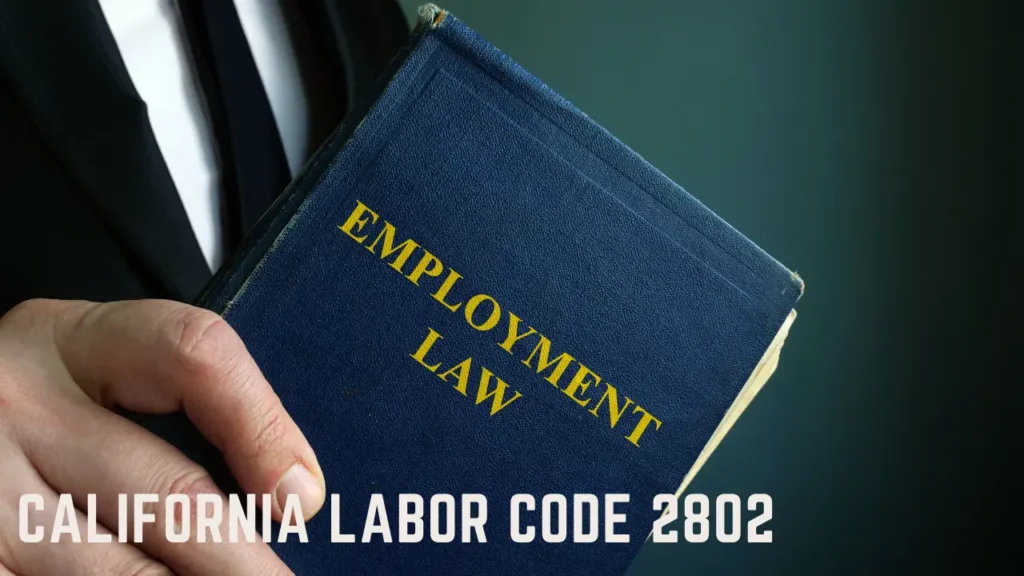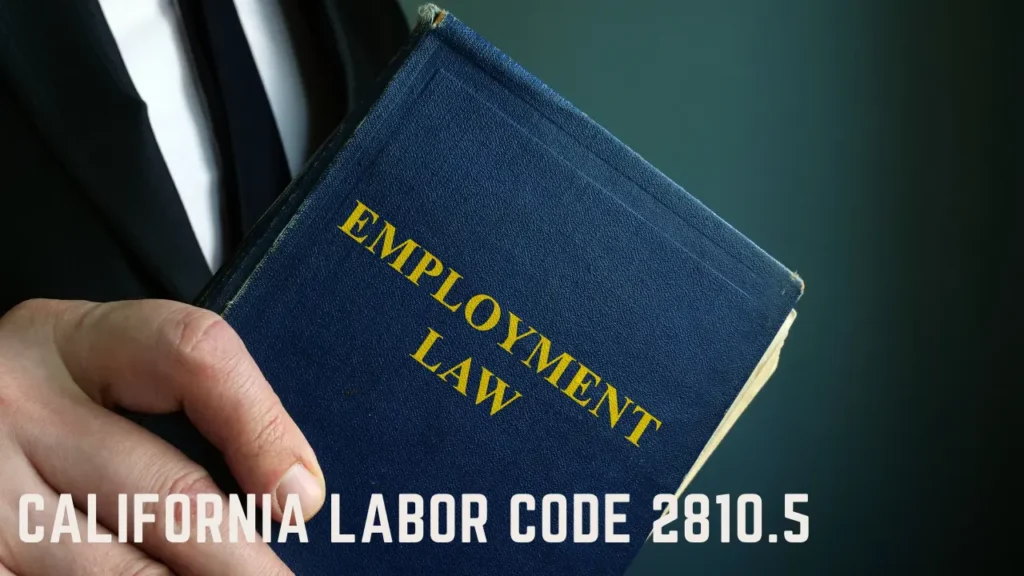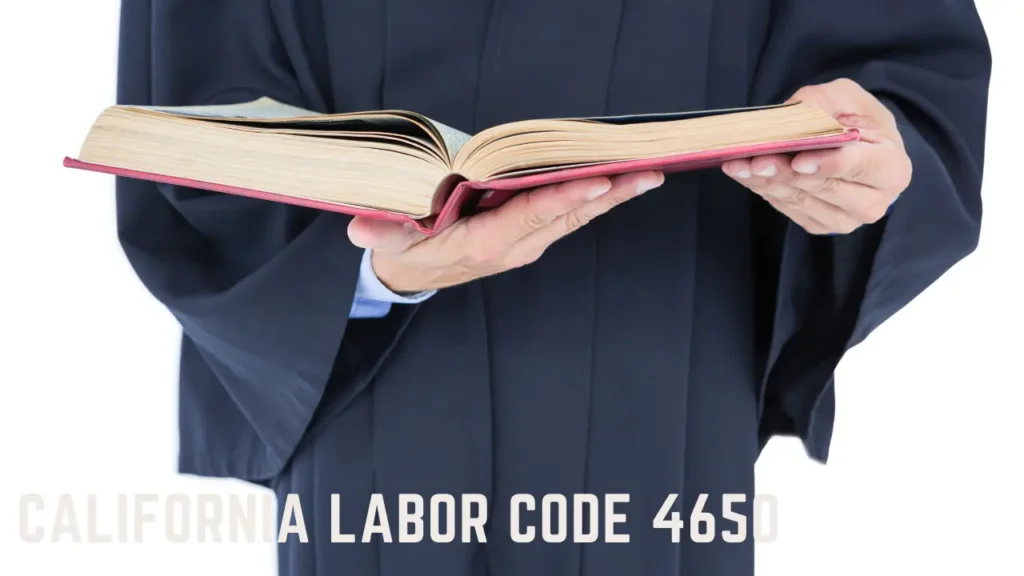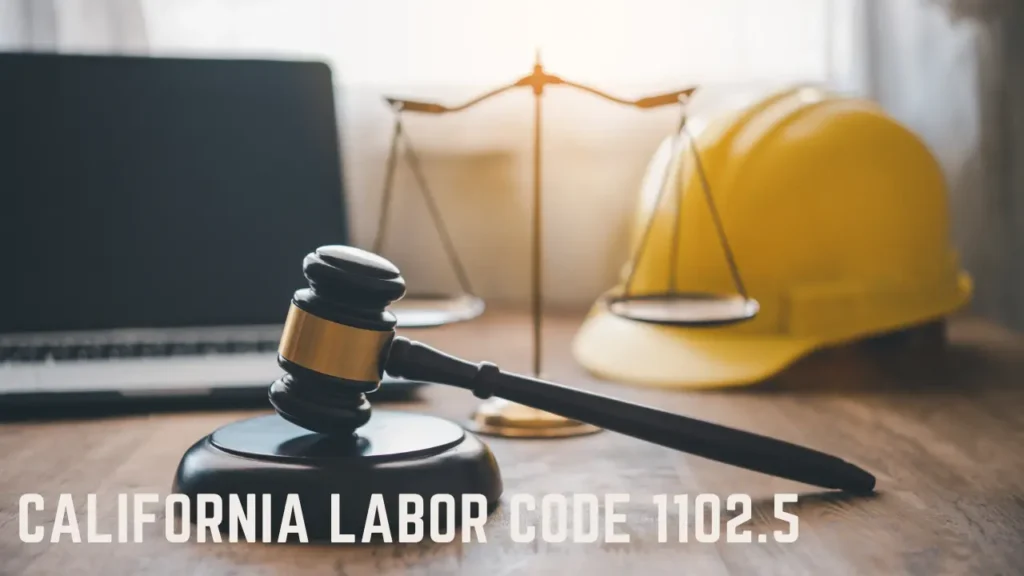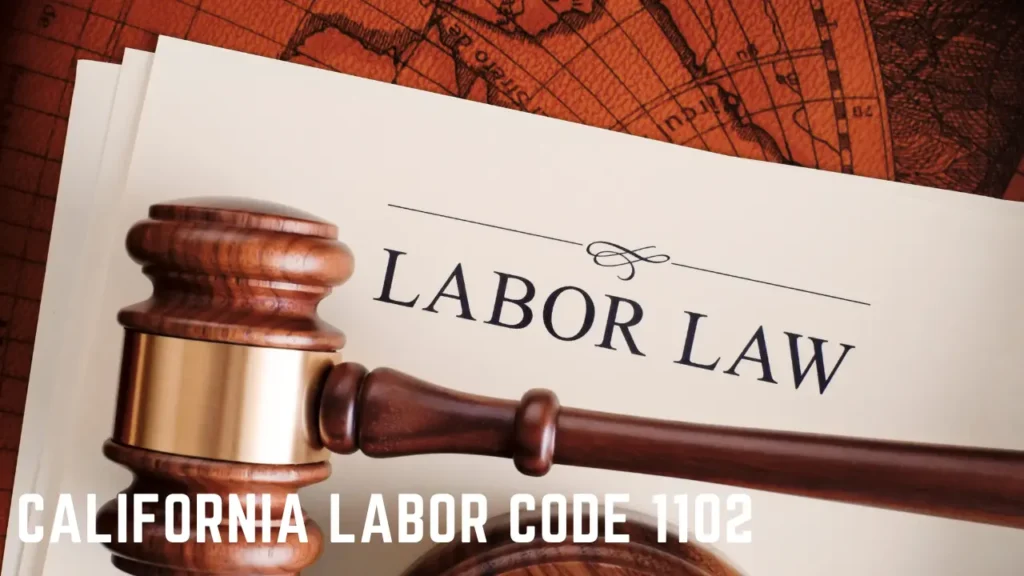Table of Contents
ToggleIt highlights the complexities of state and federal laws, essential qualifications for exemption, and the consequences of misclassification.
Understanding these nuances is vital for employers and employees navigating the intricacies of the tech industry.
From which laws are computer professionals exempt?
In the state of California, computer professionals are exempted from a range of employment laws, allowing them to operate outside of typical wage and hour restrictions. Specifically, they are not subject to the state’s overtime requirements, minimum wage laws, and meal break or rest period mandates. Furthermore, they do not have a guaranteed minimum hourly rate or salary level.
The rationale behind these exemptions stems from the unique nature of their work, which requires intellectual or creative effort and a high degree of proficiency in computer systems. However, to qualify for these exemptions, computer professionals must meet specific criteria under both a salary test and a job duties test, as defined by the state law.
Which employees are regarded as computer professionals?
Under the purview of California state law, employees considered computer professionals are those who meet specific criteria under both a salary test and a job duties test.
The salary test stipulates that computer professionals must earn a minimum of $45.41 per hour or an annual salary of not less than $94,603.25 for full-time employment.
Furthermore, the job duties test entails:
- The application of systems analysis techniques and procedures, including consulting with users, to determine hardware, software, or system functional specifications.
- Design, development, documentation, analysis, creation, testing, or modification of computer systems or programs based on and related to user or system design specifications.
- Documentation, testing, creation, or modification of computer programs related to machine operating systems.
Salary test
The salary test serves as one of the crucial criteria in determining the exemption status of computer professionals in California. This test stipulates that to qualify for the exemption, a computer professional must earn a minimum hourly rate or a specified annual salary. As of 2021, the required hourly rate is approximately $47.48, or an annual salary of about $98,907.70 for full-time employment.
This salary threshold is adjusted annually to account for inflation and changes in the cost of living. The salary test is not the only requirement for exemption but it is an indispensable part of the evaluation process. Failure to meet the salary test will result in the employee being classified as non-exempt, regardless of their job duties.
Job duties test
Frequently used in the classification of computer professionals for exemption, the job duties test stipulates that the work performed must be intellectually or creatively demanding and require a high level of skill in computer systems. This test plays a crucial role in determining the exempt status of computer professionals in California.
Specifically, the job duties test includes three main criteria:
- The employee’s work must primarily consist of tasks that are intellectual or creative and require discretion and independent judgment.
- The employee must be highly skilled in applying systems analysis techniques and procedures, including consulting with users to determine hardware, software, or system functional specifications.
- The employee’s duties must involve the design, development, documentation, analysis, creation, testing, or modification of computer systems or programs.
What are the results when a worker is misclassified by an employer?
If an employer incorrectly classifies a worker, serious consequences can ensue, including the loss of higher wages and overtime pay. Misclassification can lead to significant legal ramifications for the employer, including fines and penalties.
The worker may file a wage claim with the Division of Labor Standards Enforcement (DLSE) to recover unpaid wages, overtime, and penalties. Additionally, the worker may be entitled to compensation for missed meal and rest breaks.
Furthermore, if the misclassification is willful, the employer may face criminal charges, further litigation, and damage to their reputation. Therefore, it’s crucial for employers to accurately classify their employees to ensure compliance with California labor laws and avoid potential legal and financial repercussions.
Do federal laws apply to these skilled workers?
Several federal laws, including the Fair Labor Standards Act (FLSA), provide regulations that apply to computer professionals. The FLSA classifies computer professionals as exempt, meaning they are not entitled to certain protections such as overtime pay and minimum wage laws.
- The FLSA stipulates that to be classified as an exempt computer professional, an individual must be compensated either on a salary or fee basis at a rate not less than $684 per week or, if compensated on an hourly basis, at a rate not less than $27.63 an hour.
- The employee’s primary duty must consist of tasks such as systems analysis, program/system design, or software development.
- Exempt computer professionals must regularly exercise discretion and independent judgment in their work.
Conclusion
In conclusion, the Computer Professional Exemption in California is a complex legal framework that employers and employees must fully comprehend to ensure compliance.
A thorough understanding of the qualifications for exemption, the precise nature of the laws from which computer professionals are exempt, and the potential ramifications of misclassification is crucial.
Federal laws further complicate these regulations, necessitating careful scrutiny and compliance to avoid significant legal and financial consequences.






